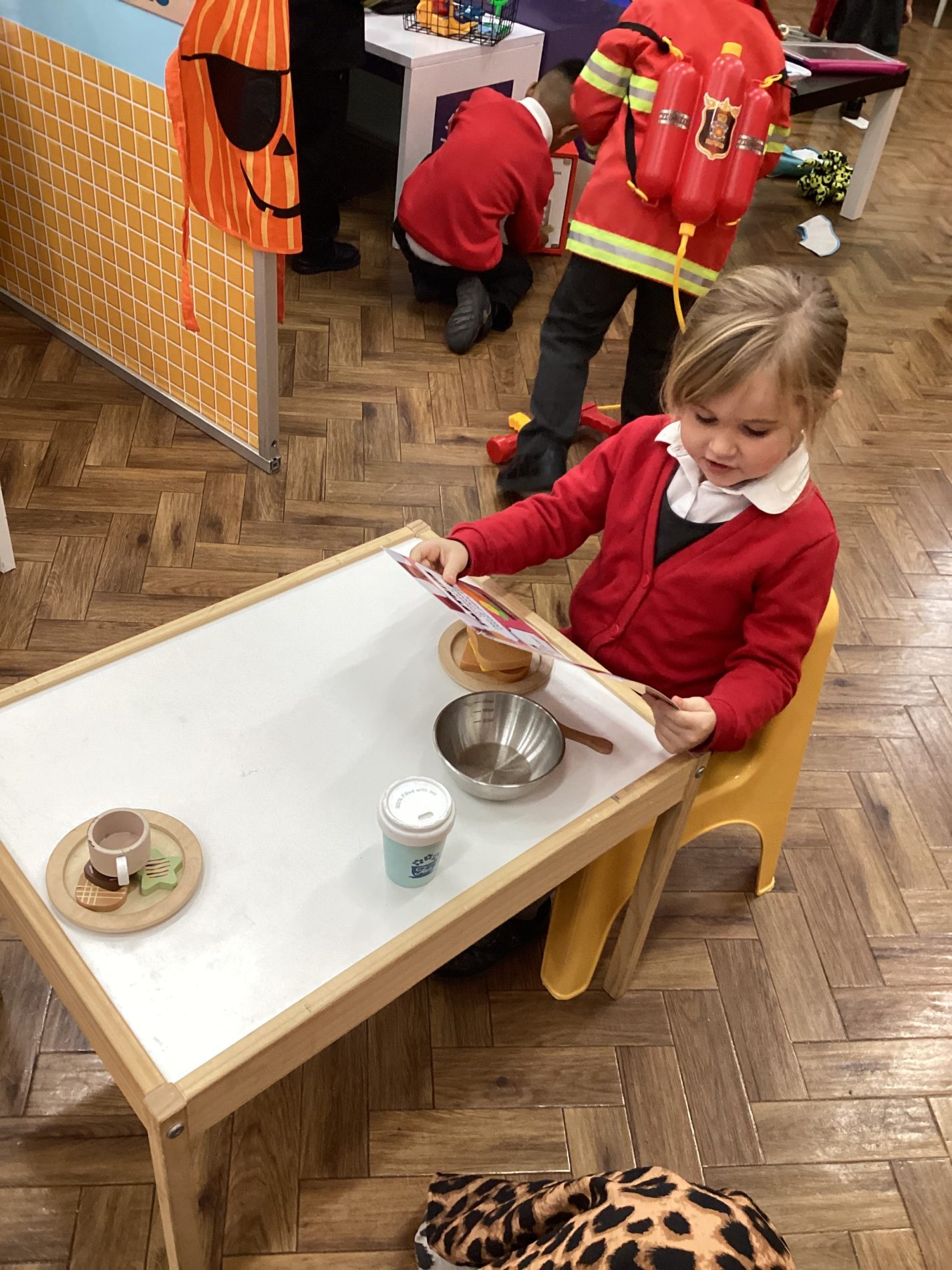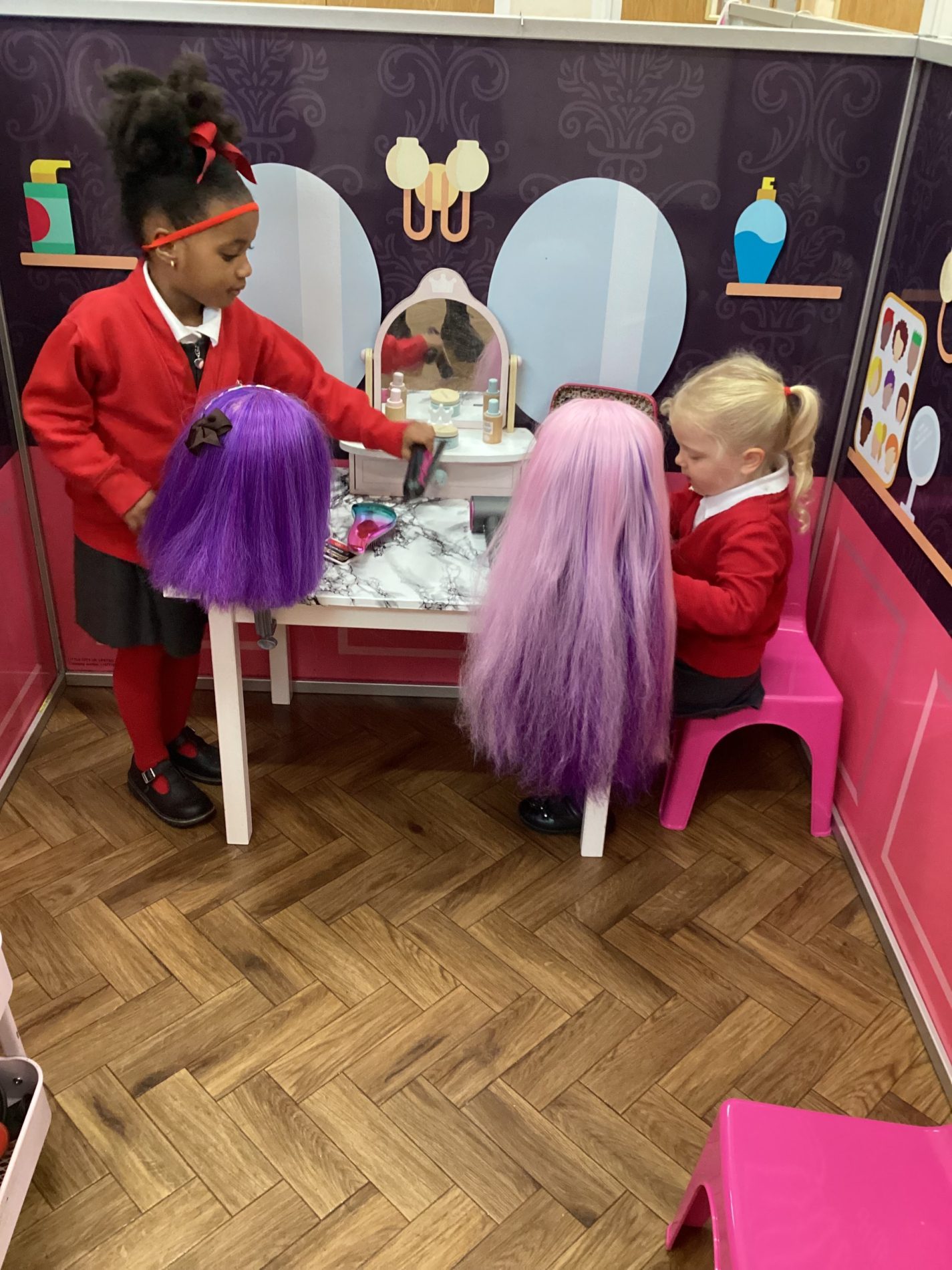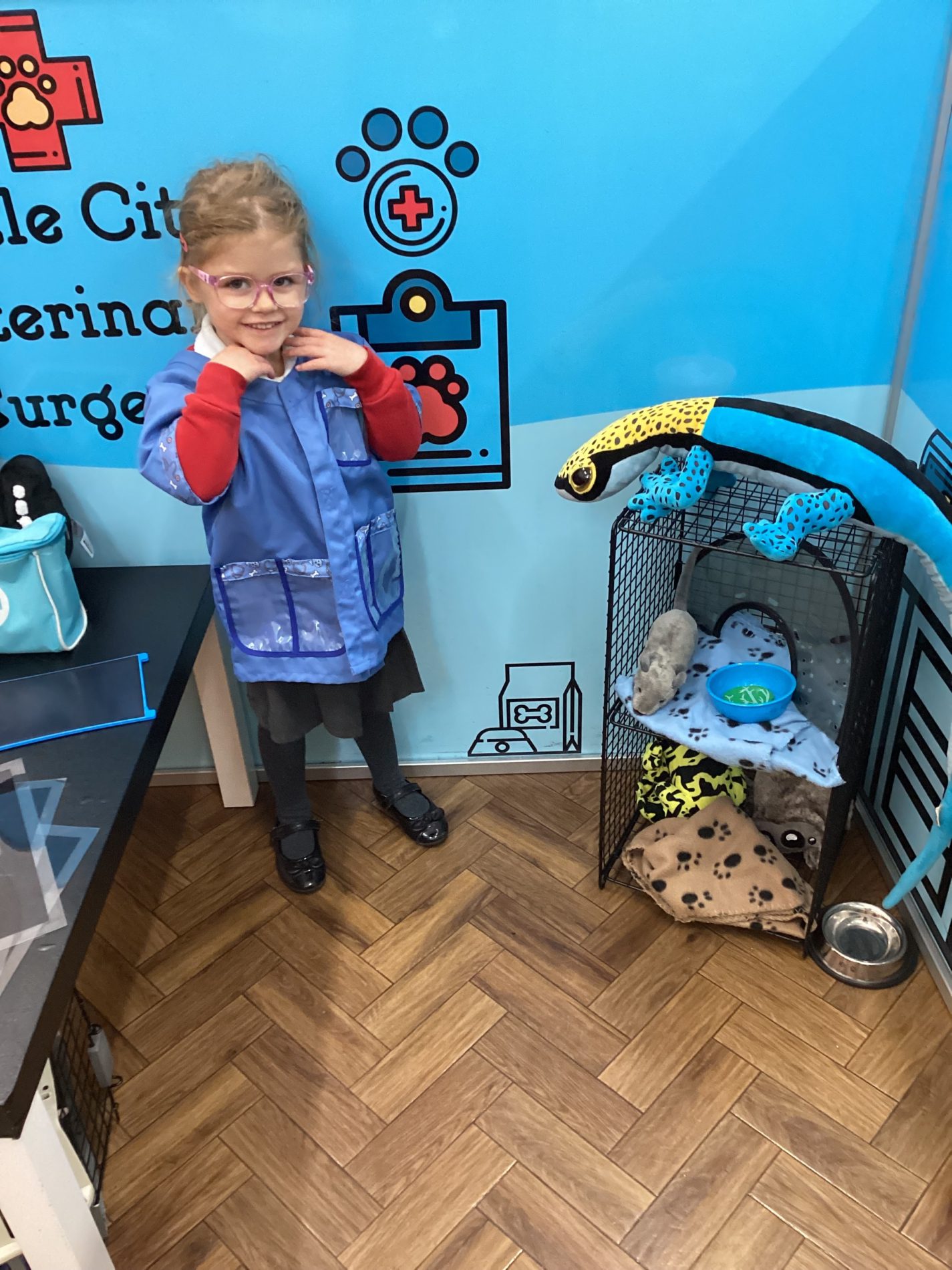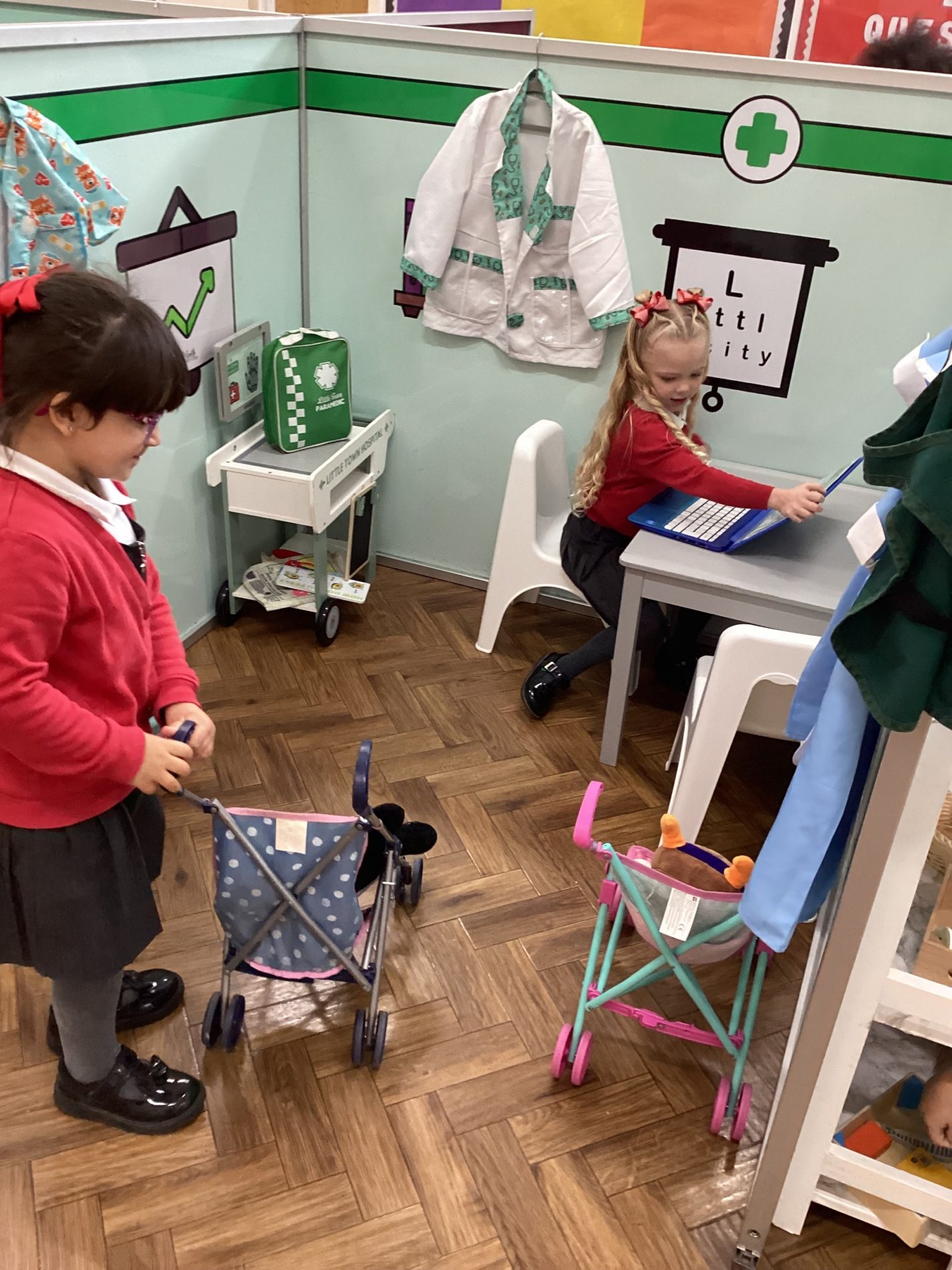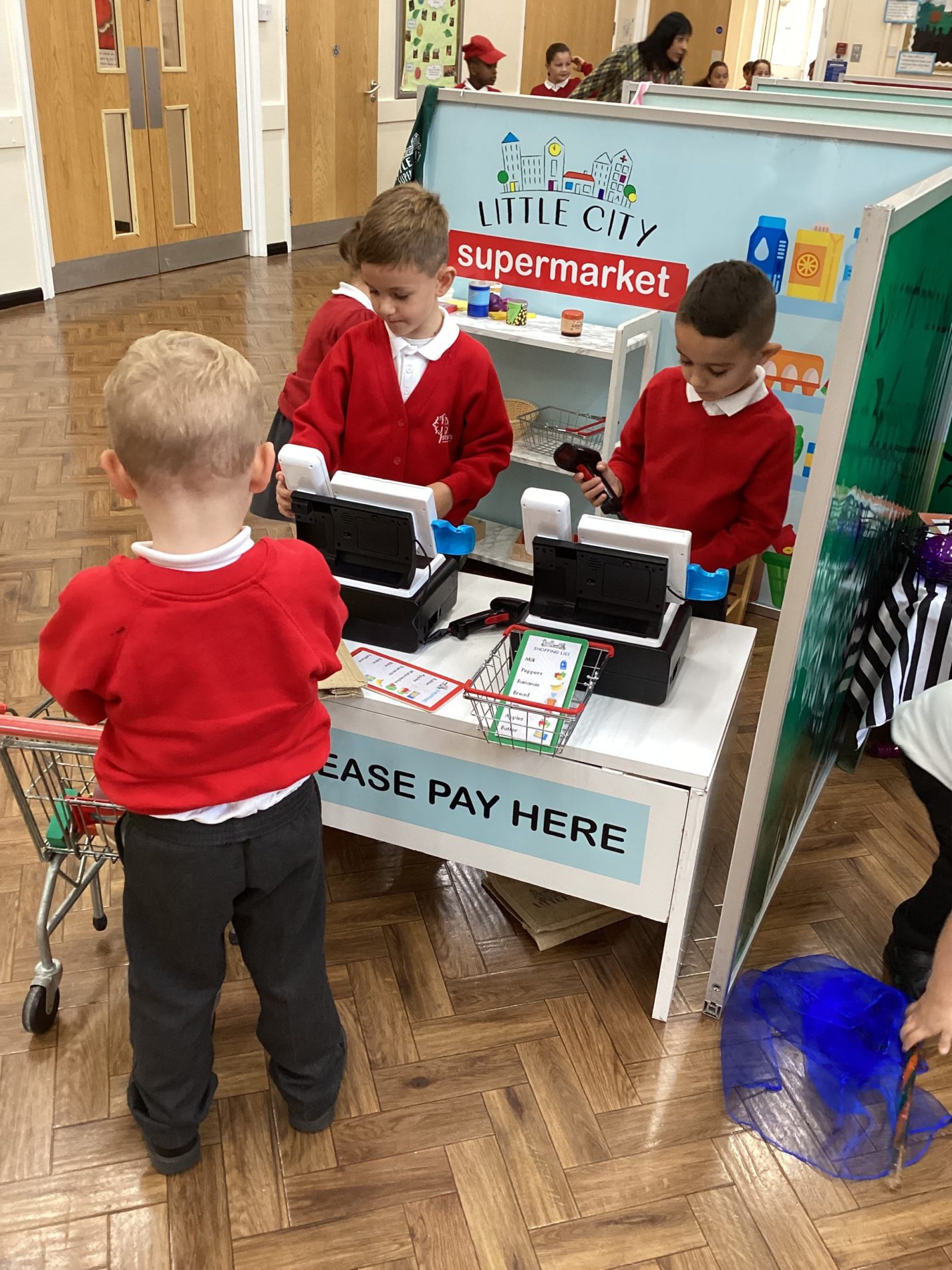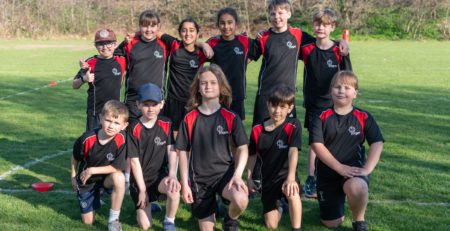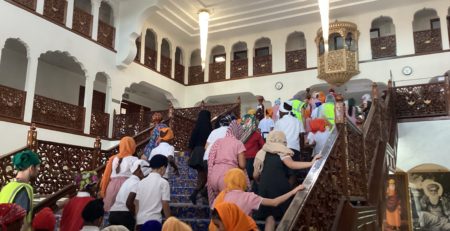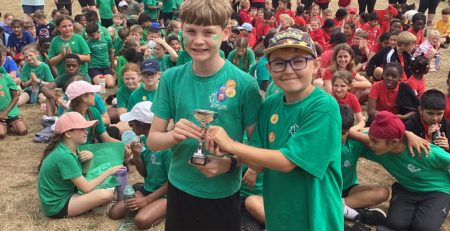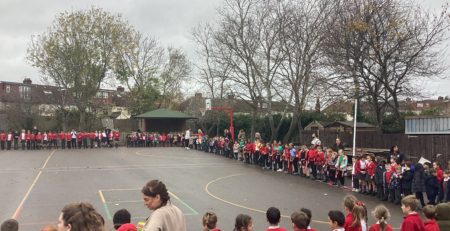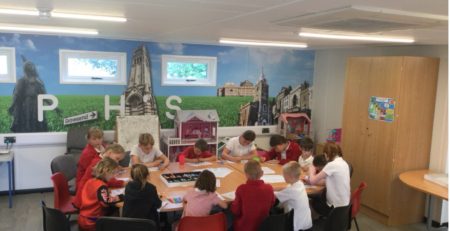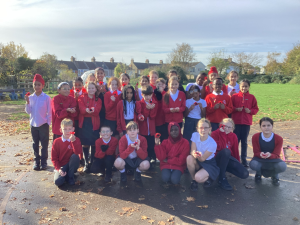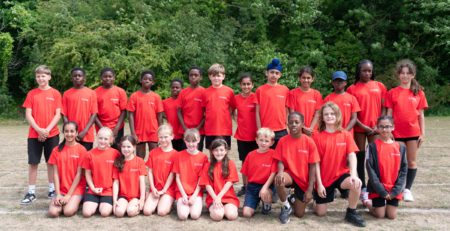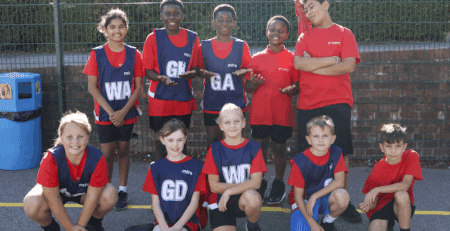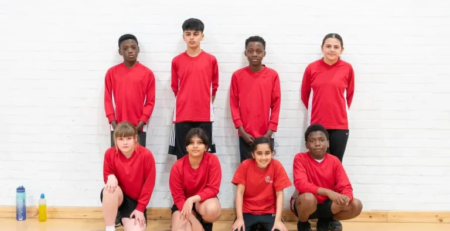Reception Visit the Little City!
Reception had an amazing time today with a visit from Little City! The children absolutely loved getting stuck into role play in all the different parts of the city, vets, doctors, shops, a garage, laundry, emergency services, a café, and even a hair salon!
It was the perfect way to explore our topic this week: people who help us in our community. A huge thank you to Little City for bringing the learning to life in such a fun and exciting way!

